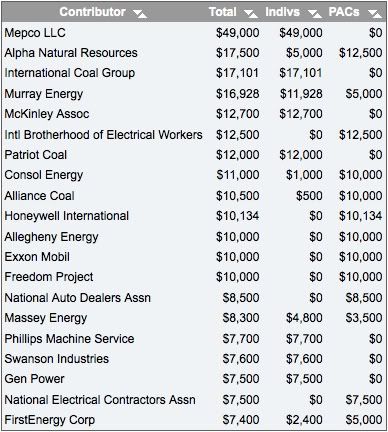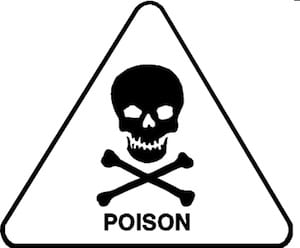The House Energy and Commerce Committee voted this week to allow a new bill on the regulation of coal ash to be considered for a full House vote. The bill, known as The Coal Residuals Reuse and Management Act, would prevent the E.P.A. from classifying coal ash (or fly ash) as a toxic substance, and instead would allow individual states to make their own rules regarding the storage and re-use of coal ash waste.
The bill passed the committee by a vote of 35 – 12, with all Committee Republicans and six Democrats voting in favor of the bill. The E.P.A. ruled in 2000 that coal ash was not a hazardous substance, but proposed a rule last summer that would change the classification to “hazardous.” The agency is still debating which rule will stand, and announced recently that the decision will not be made this year.
The bill was put forward by freshman Republican David McKinley from West Virginia. West Virginia is one of the country’s leading producers of both coal and coal waste. Under the guise of “saving jobs,” McKinley introduced the bill earlier this year. But a look beyond the surface reveals McKinley’s true intentions for putting forth the legislation.
During the course of his short career, McKinley has already received more than $205,000 from the mining industry, which includes donations from some of the largest coal companies in West Virginia – Alpha Natural Resources (a leading company in mountaintop removal mining,) International Coal Group, and Patriot Coal. The following chart is from OpenSecrets, showing McKinley’s top donors: 
McKinley promotes his bill as a “jobs saver” in order to sell it to the public. Indeed, the GOP-controlled Energy and Commerce Committee’s website ran the following headline after the committee vote: “Committee Approves Job-Saving Coal Ash Legislation.” Energy and Commerce Chairman Fred Upton (R – MI) said the following about McKinley: “I want to recognize the author of this legislation, Mr. McKinley. He came to Congress as a champion for his constituents and the industry that employs so many of them, and I commend him for his leadership in finding a common-sense solution that protects jobs, our environment, and energy affordability.”
With millions of Americans currently out of work, the “job saving” talking point is very effective. And while the Republicans have yet to offer any proof of how the “hazardous” designation would kill jobs, the notion that the bill is a “job saver” has resonated with people working for the coal industry.
However, the attention being placed on jobs is taking the attention away from the health impacts of coal ash waste. Coal ash is known to contain harmful compounds such as arsenic, selenium, lead, cadmium, and mercury. Additionally, studies have shown that coal ash waste is more radioactive than nuclear waste, and has been linked to increases in cancer rates in areas where coal ash waste is stored. Even if the new bill put forward by McKinley were able to save jobs somehow the question for the residents of towns that have coal ash storage facilities remains – Is it worth the risk to public health and water quality?
Subscribe to our newsletter
Stay up to date with DeSmog news and alerts






